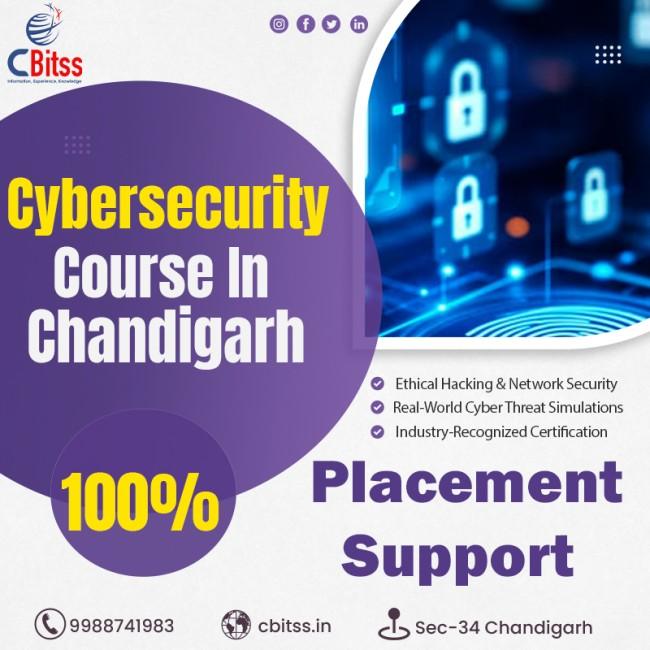Blood Pressure Medications: A Complete Guide to Managing Hypertension Safely

High blood pressure, also known as hypertension, is one of the most common chronic health conditions worldwide. It often develops silently, showing little to no symptoms until complications arise. Left untreated, high blood pressure increases the risk of heart attack, stroke, kidney disease, and other serious conditions. Fortunately, blood pressure medications are highly effective in lowering blood pressure and protecting overall health.
Why Blood Pressure Medications Are Important
Hypertension is often called the “silent killer” because many people don’t realize they have it until it causes damage. High blood pressure medication plays a vital role in preventing these complications by keeping your numbers under control.
Some benefits of starting and staying consistent with blood pressure medications include:
-
Reduced risk of heart disease and stroke
-
Protection for kidneys and blood vessels
-
Decreased chance of aneurysm or vision problems
-
Better quality of life with fewer hypertension symptoms (like headaches or fatigue)
Medication alone is not always enough, but it is the foundation of effective blood pressure management.
Types of Blood Pressure Medications
Doctors may prescribe different kinds of blood pressure medications depending on your specific condition, age, and health history. Here are the most common classes:
1. Diuretics (Water Pills)
These medications help the kidneys remove excess sodium and water from the body, lowering blood pressure.
2. ACE Inhibitors (Angiotensin-Converting Enzyme Inhibitors)
They relax blood vessels by preventing the production of a hormone that causes them to narrow.
3. ARBs (Angiotensin II Receptor Blockers)
Similar to ACE inhibitors but block the action instead of the production of the hormone.
4. Beta-Blockers
Reduce the workload on the heart by slowing the heart rate and decreasing its force of contraction.
5. Calcium Channel Blockers
Prevent calcium from entering heart and blood vessel cells, helping vessels relax and widen.
6. Other Options
Vasodilators, alpha-blockers, and central-acting agents may be used for patients who don’t respond well to first-line medications.
At SCC Little Elm, providers take the time to explain which high blood pressure medication is right for you, ensuring safety and effectiveness.
Personalized Treatment with Blood Pressure Medications
Not every patient responds the same way to blood pressure medication. Some may need a single drug, while others require a combination. That’s why personalized treatment is essential.
At SCC Little Elm, healthcare professionals evaluate:
-
Your blood pressure numbers
-
Existing medical conditions (such as diabetes or kidney disease)
-
Age, gender, and family history
-
Possible interactions with other medications
By considering all these factors, your provider can recommend the right blood pressure medications for lasting results.
Common Side Effects of Blood Pressure Medications
Like all prescriptions, blood pressure medications can cause side effects. However, most are mild and temporary. Common issues may include:
-
Dizziness or lightheadedness
-
Fatigue
-
Frequent urination (with diuretics)
-
Swelling in ankles (with calcium channel blockers)
-
Dry cough (with ACE inhibitors)
If you notice any unusual or severe side effects, it’s important not to stop your medication suddenly. Instead, talk to your provider so they can adjust your high blood pressure medication or switch you to another option.
The Role of Lifestyle in Managing Blood Pressure
While blood pressure medications are powerful, they work best when combined with healthy lifestyle habits. Patients are often encouraged to:
-
Eat a balanced diet (low in salt, high in fruits and vegetables)
-
Exercise regularly (at least 30 minutes a day, most days of the week)
-
Maintain a healthy weight
-
Limit alcohol intake and quit smoking
-
Manage stress levels through relaxation techniques
When medication and lifestyle work hand-in-hand, patients see the most significant improvements in blood pressure control.
The Importance of Regular Monitoring
Starting high blood pressure medication is not a one-time fix. Ongoing monitoring is essential to ensure the treatment continues working effectively.
At SCC Little Elm, patients benefit from:
-
Regular blood pressure checks
-
Follow-up visits to evaluate medication effectiveness
-
Adjustments to dosages or prescriptions as needed
-
Education on managing side effects and staying consistent
This proactive approach helps patients achieve stable, long-term blood pressure control.
Frequently Asked Questions About Blood Pressure Medications
1. Will I need to take blood pressure medications forever?
In many cases, yes, but it depends on your condition. Some patients may reduce or stop medications with lifestyle improvements, while others need lifelong treatment.
2. Can I stop my high blood pressure medication if I feel fine?
No. Hypertension often has no symptoms, so stopping medication suddenly can be dangerous. Always consult your provider before making changes.
3. What if one blood pressure medication doesn’t work for me?
There are many options, and providers can adjust your treatment until they find the right fit.
Conclusion
Blood pressure medications are essential for protecting your health and preventing complications from hypertension. With the right combination of high blood pressure medication, lifestyle changes, and regular medical support, patients can successfully control their condition and live healthier lives.
If you or a loved one has been diagnosed with hypertension, don’t wait. Visit SCC Little Elm to learn more about safe and effective blood pressure medication options tailored to your needs.








